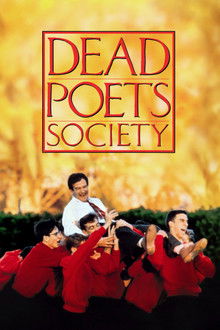Hans Castorp, fresh from university and about to become a civil engineer, comes to the Sanatorium Berghof in the Swiss Alps to visit his cousin Joachim, an army officer, who is recovering there from tuberculosis. Intending to remain at the Berghof for three weeks, Hans is gradually contaminated by the morbid atmosphere pervading the place. Wishing very much to be considered a patient like the others, he achieves his ends and stays in the sanatorium for ...seven years. During this time, he has enough time to take part in the furious philosophical debates pitting against each other Settembrini, a secular humanist, and Naphta, a totalitarian Jesuit. And to fall in love with the beautiful but enigmatic Clawdia Chauchat. When he is finally discharged in 1914 - along with all the other patients - it is only to plunge into the horrors of World War I.
Related Movies
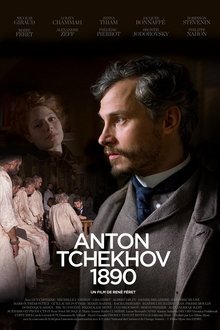
Anton Tchekhov 1890 (2015)
Summer 1890. In order to make some money to feed his family, Anton Chekhov, modest physician, wrote short stories for newspapers to sign Antosha Tchékhonté. Important characters, writer and editor, just make him aware of his talent. His situation is improving and Anton Chekhov gets the Pushkin prices and admiration of Tolstoy. But when one of his brothers died of tuberculosis, Anton saw it as a personal failure and wants to escape his fame and his love.

The Hours (2002)
The story of three women searching for more potent, meaningful lives. Each is alive at a different time and place, all are linked by their yearnings and their fears. Their stories intertwine, and finally come together in a surprising, transcendent moment of shared recognition.
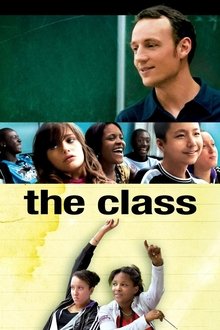
The Class (2008)
Teacher and novelist François Bégaudeau plays a version of himself as he negotiates a year with his racially mixed students from a tough Parisian neighborhood.
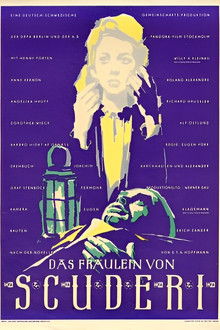
The Lady of Scuderi (1955)
Several men have been murdered lately, mostly rich lovers on their way to meet their mistresses with gifts of fine jewelry. To fight this scourge, King Louis XIV decides to create a special court named "La chambre ardente", designed to find and punish the perpetrators of such heinous crimes. An unexpected person, Mademoiselle de Scudéry, the famous poetess, will find herself entangled in the web of a criminal intrigue linked with the jewel murders, along with a a goldsmith, his daughter and her fiancé...
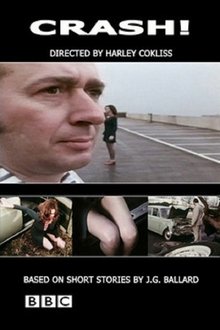
Crash! (1971)
Short film produced by the BBC about JG Ballard's Crash. “The film was a product of the most experimental, darkest phase of Ballard’s career. It was an era of psychological blowback from the sudden, shocking death of his wife in 1964, an era that had produced the cut-up ‘condensed novels’ of Atrocity plus a series of strange collages and ‘advertisers’ announcements. After Freud’s exploration within the psyche it is now the outer world of reality which must be quantified and eroticised. Later there were further literary experiments, concrete poems and ‘impressionistic’ film reviews, and an aborted multimedia theatrical play based around car crashes. After that came an actual gallery exhibition of crashed cars, replete with strippers and the drunken destruction of the ‘exhibits’ by an enraged audience.” (from: http://aaaaaaaaaaaaaaaaaaaargh.blogspot.de/2013/01/short-film-adaptation-of-jg-ballards.html)
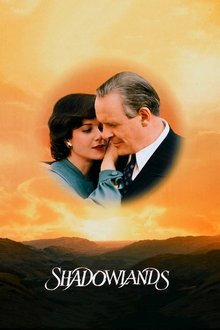
Shadowlands (1993)
C.S. Lewis, a world-renowned writer and professor, leads a passionless life until he meets spirited poet Joy Gresham.
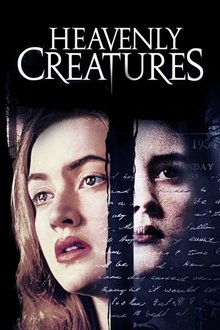
Heavenly Creatures (1994)
Precocious teenager Juliet moves to New Zealand with her family and soon befriends the quiet, brooding Pauline through their shared love of fantasy and literature. This friendship gradually develops into an intense and obsessive bond.
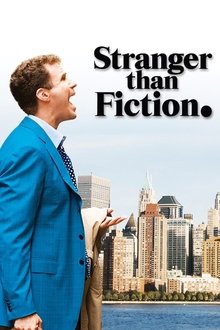
Stranger Than Fiction (2006)
Harold Crick is a lonely IRS agent whose mundane existence is transformed when he hears a mysterious voice narrating his life.
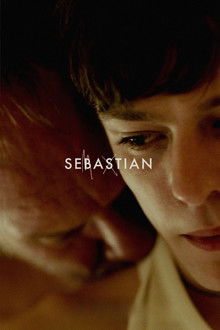
Sebastian (2024)
Max is a 25-year-old freelance writer and aspiring novelist who seems well on his way to success in London’s cultural spheres. Yet by night, he finds a different kind of exhilaration as a sex worker with the pseudonym Sebastian, meeting men via an escorting platform. Max uses his experiences as Sebastian to fuel his stories and the worthy debut novel that he has been longing to write, finally seems within reach.
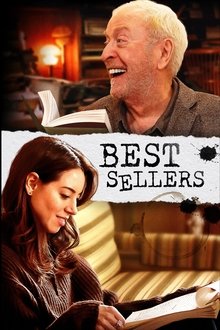
Best Sellers (2021)
A cranky, retired author reluctantly embarks on a final book tour to help out a young publisher.
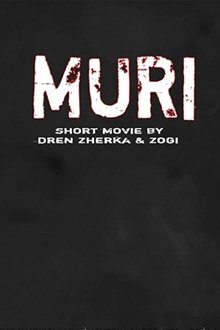
The Wall (2009)
An adaptation of the J.P. Sartre story "Le Mur". What goes on in his mind and what happens outside when he has left only few more hours left to live. The existential dilemmas of a prisoner condemned to death from a repressive regime for his participation in a resistance movement and his friendship with the leader of this resistance. When all seems lost and he has already given up the most unlikely coincidence changes the course of events and his life.
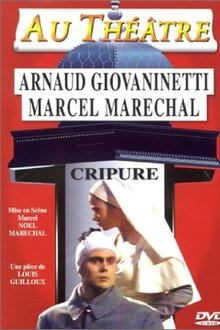
Cripure (1990)
Theatrical recording of the play from "Black Blood": 1917 was the year during the Great War that nearly led to a revolution in France. At that time, Merlin was a modest but passionate professor. Nicknamed Cripure by his students, he spent most of his time reflecting on the human condition, in the light of God, which was supposed to exist. Filmed in Théâtre du Cothurne in Lyon.
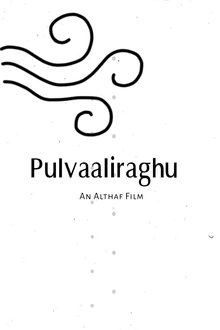
Pulvaaliraghu (2021)
The fan's self-sacrificing blades dance in the air, generating a refreshing breeze that wipes away the sweat of others and brings solace on a scorching day.

Finding Forrester (2000)
Gus Van Sant tells the story of a young African American man named Jamal who confronts his talents while living on the streets of the Bronx. He accidentally runs into an old writer named Forrester who discovers his passion for writing. With help from his new mentor Jamal receives a scholarship to a private school.
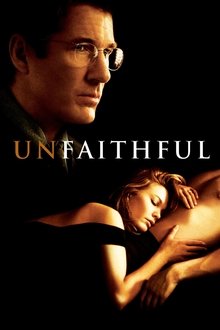
Unfaithful (2002)
Connie is a wife and mother whose 11-year marriage to Edward has lost its sexual spark. When Connie literally runs into handsome book collector Paul, he sweeps her into an all-consuming affair. But Edward soon becomes suspicious and decides to confront the other man.
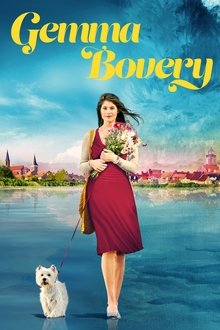
Gemma Bovery (2014)
Martin, an ex-Parisian well-heeled hipster passionate about Gustave Flaubert who settled into a Norman village as a baker, sees an English couple moving into a small farm nearby. Not only are the names of the new arrivals Gemma and Charles Bovery, but their behavior also seems to be inspired by Flaubert's heroes.
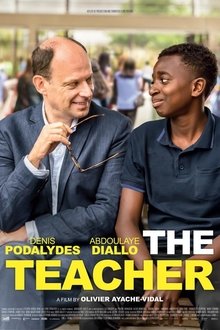
The Teacher (2017)
Teacher in the most prestigious highschool in the country, François enjoys the life he’s always known, in the intellectual and bourgeois society of Paris. Trapped in a situation where he’s forced to accept a job in a school of a tough underprivileged suburb, he finds himself confronted to his own limits and to the upheaval of his values and certainties.
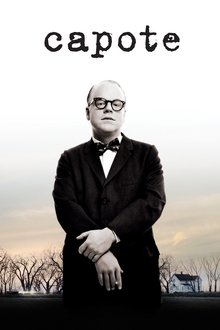
Capote (2005)
A biopic of writer Truman Capote and his assignment for The New Yorker to write the non-fiction book "In Cold Blood".
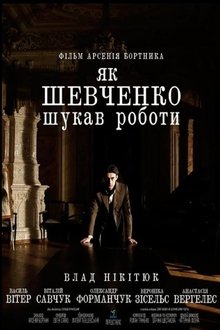
How Shevchenko Was Looking For A Job (2014)
An ironic comedy based on the novel of the same name by Osyp Makovey. For all Ukrainians, Shevchenko is a poet and a prophet. But what would happen if the living Taras Shevchenko came to you and asked for your help? Would you find a place for him at your computer?
